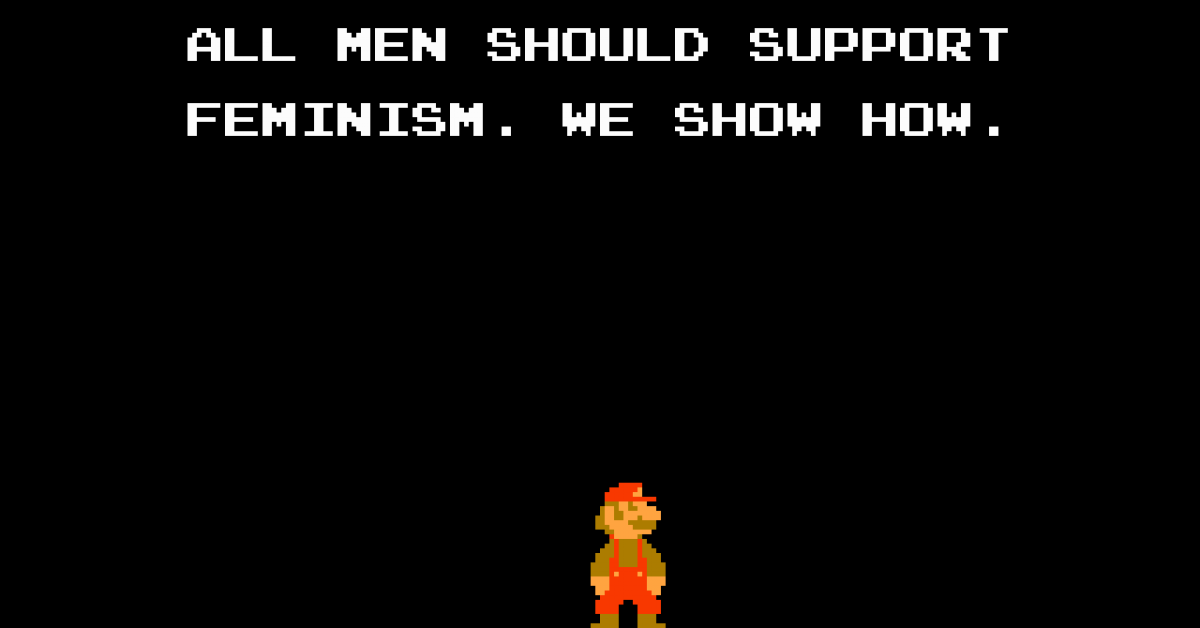Author: Robert Franken (blogger and digital consultant)
The path towards gender equality is paved with whining men fearing the loss of privileges the’ve never been entitled to.
— Robert Franken (@herrfranken) 11. Oktober 2015
I don’t get it, never did. Why is all the conversation about diversity and work-life-balance and gender equity so focused on the female-only issues behind these concepts? I mean, seriously: If you take a dive into the realms of feminist theory, HR management guidelines, leadership concepts or gender and diversity initiatives, where does this kind of limitation come from?
These subjects are not at all reserved for women, and neither are the concepts in their interest only. On the contrary: The potential benefits from changing work cultures, re-shaping career opportunities and dismantle societal expectations are and should be male priorities, too.
The only difference is the angle, from which the discussion has been kicking off. Gender imbalances almost always discriminate women. And this is the reason why it’s been the feminist movement which has identified and adopted these issues in the first place.
One could also say that it’s been the women who have realized that the professional circumstances need to be fixed. And, sad but true: Most men have failed to realize that it is high time to join this movement. Some of them even blame the feminists to keep them out deliberately.
But „feminist gatekeeping“ is more or less a myth. On the other hand, hopping on the feminist bandwagon might not be the appropriate approach, either. This is why the discussion has to open up from both sides: from the male as well as from the female perspective. If we don’t join forces along a shared agenda, we’ll be losing much more than just the sovereignty of interpretation.
The largest obstacle on the way to full equality is the male paradigm, which has been dominating the professional world for centuries. The only exception from this concept has been at war times, when men went to the battlefields and women had to backfill the male work force. Before and after that, women had to be playing the minor parts in the business game.
Today, as knowledge work more and more forms the core of the economies, things change. And suddenly, our jobs are no longer just prerequisites for making a living, but become more and more the path for self-fulfillment. With this development, our requirements for our professional lives are changing, too. Apparently, women have realized much sooner than men in how far the conditions at work are contrary to the necessities of our private lives.
There has never been a better time to pool our individual strengths as men and women in order to create a collective vision for the future of work.
